On Air Now
Calm Classics with Myleene Klass 10pm - 1am
Discover the greatest composers and performers - past and present – who’ve drawn on, and continued, Ireland’s great musical tradition.
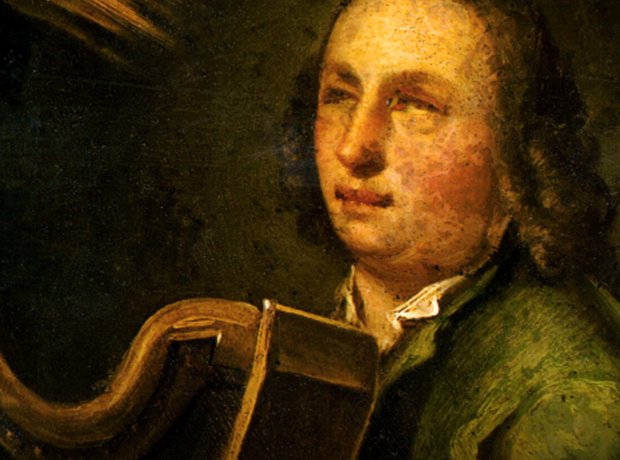
This blind harper, composer and singer had a great gift for melodic composition. Some of his compositions were influenced by continental classical music, while others such as ‘Carolan's Farewell to Music’ draw on a much older style of Gaelic Harping.
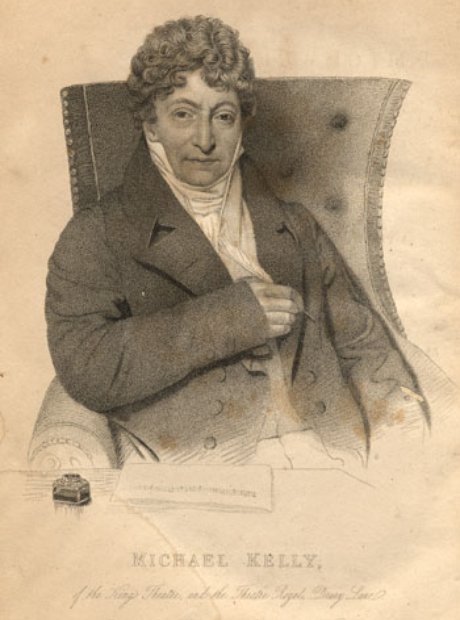
The tenor Michael Kelly was a friend of Mozart and Paisiello, and created roles in operas of both. He was one of the first singers from Britain and Ireland to get a first-rate reputation in Italy and Austria. In Italy he was also known as O'Kelly or even Signor Ochelli.
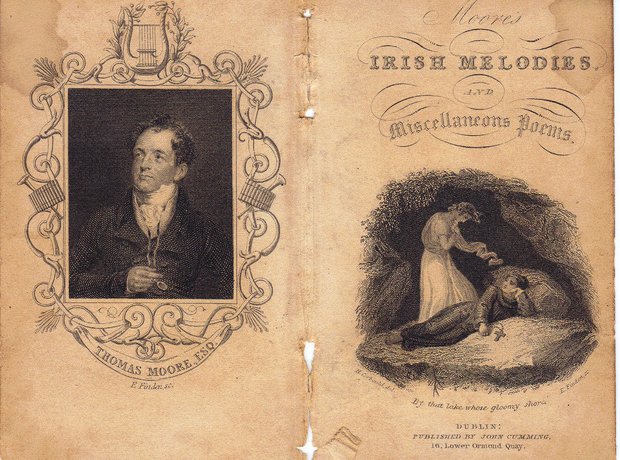
The poet, singer, songwriter, and entertainer is now best remembered for the lyrics of ‘The Minstrel Boy’ and ‘The Last Rose of Summer’. He was responsible, with John Murray, for burning Lord Byron's memoirs after his death.
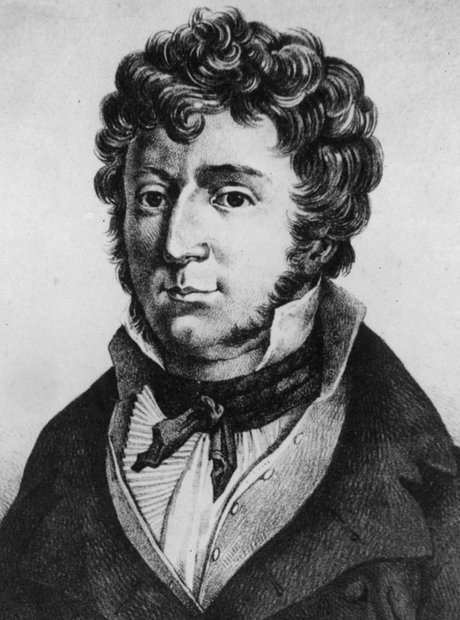
Field studied under Clementi and quickly became a famous and sought-after concert pianist, visiting Paris, Vienna, and St. Petersburg. Field was highly regarded by his contemporaries and his playing and compositions influenced many major composers, including Chopin, Brahms, Schumann, and Liszt. He is best known today for originating the ‘nocturne’, a musical form later made famous by Chopin.
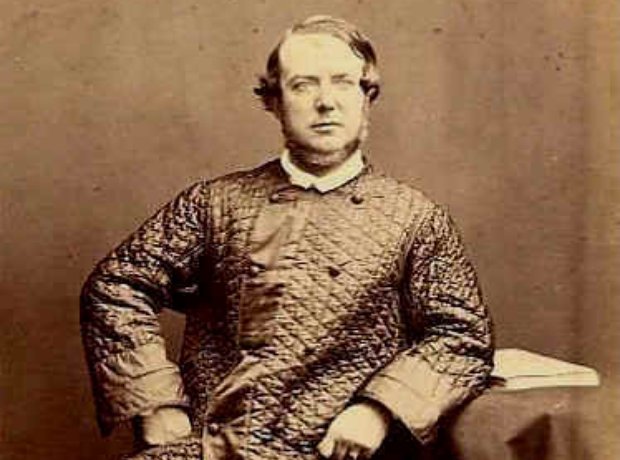
After a short career as a violinist, Balfe pursued an operatic singing career, while composing. He wrote 38 operas, almost 250 songs as well as other works. He was also a noted conductor, directing Italian opera at Her Majesty's Theatre for seven years. His most famous work is ‘The Bohemian Girl’, loosely based on a Cervantes story, which features the popular aria, ‘I dreamt I dwelt in marble halls’.
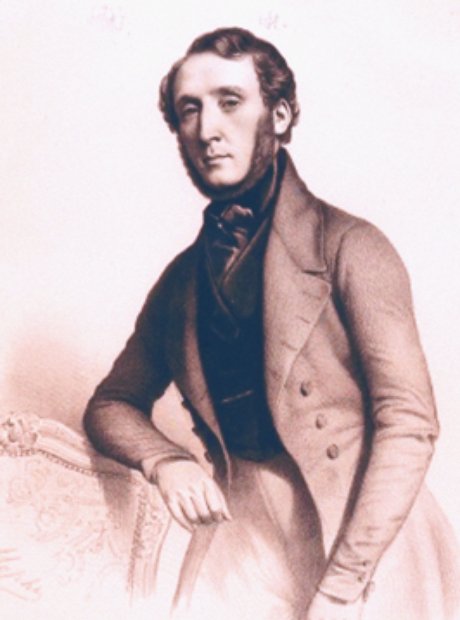
During his lifetime, Osborne was noted more for his piano playing than for his compositions. Berlioz and Chopin attended his concert and befriended him. Osborne even advised Berlioz about writing for the piano. Although he is known to have also composed two operas and several orchestral works, these are now lost.
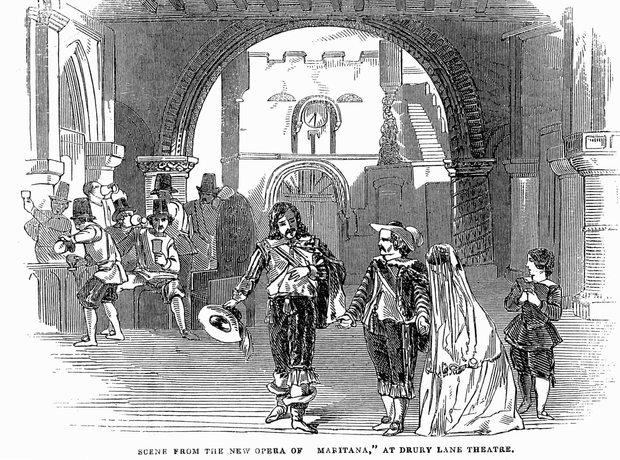
Having learned to play several instruments as a boy, Wallace became a leading violinist in Dublin and a fine pianist. He and his family went to Sydney in 1836 and opened the country’s first music school. He also imported pianos and gave recitals in Chile, Peru and Argentina. His opera ‘Maritana’ was performed at Drury Lane in 1845 and was later staged in Vienna, at Covent Garden and in Australia.
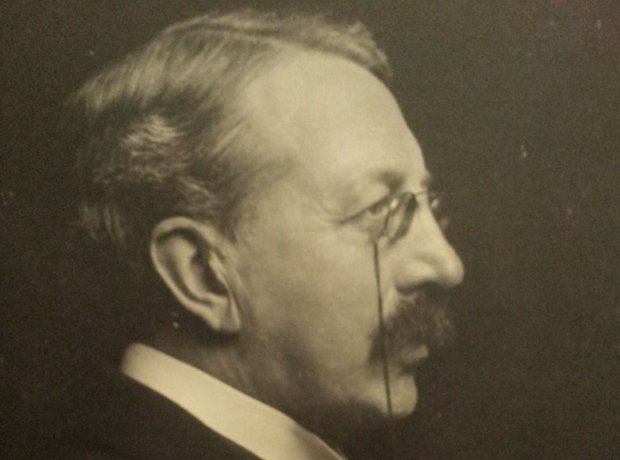
Born into a highly musical family, Stanford studied at Cambridge, Leipzig and Berlin. He was one of the founding professors of the Royal College of Music, where he taught composition for the rest of his life. Among his pupils were Holst and Vaughan Williams. He is regarded by many as responsible for a renaissance in British music.
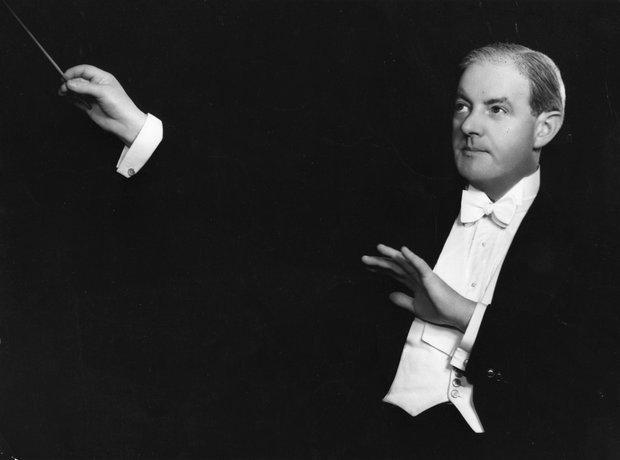
After an early career as a church organist in Ireland, Harty moved to London to become a well-known piano accompanist. The Musical Times called him 'the prince of accompanists'. As a composer he wrote throughout his career, many of his works being well received. As a conductor, he was particularly noted as an interpreter of the music of Berlioz.
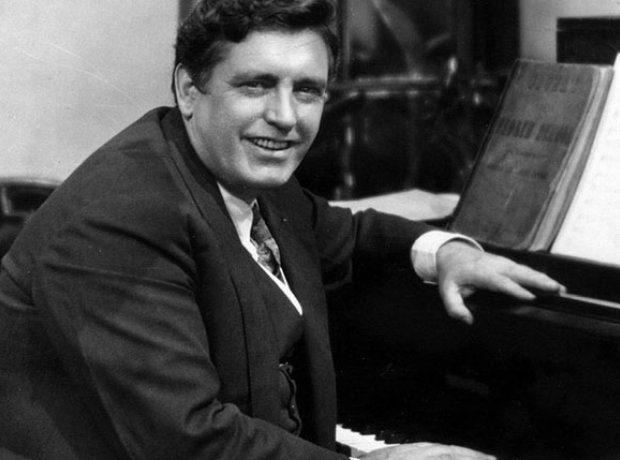
The world-famous tenor was celebrated for his fabulous diction and breath control. In one Mozart aria, he famously sung 64 notes in one breath. He made hundreds of recordings, the first in 1904. In 1928, he was given the title of Papal Count from the Pope in recognition of his work for Catholic charities.
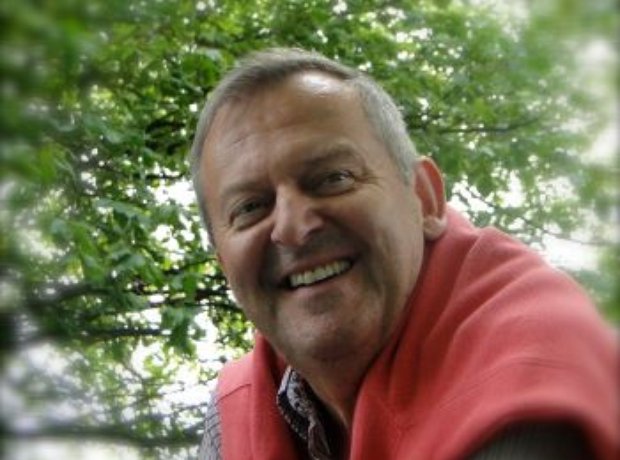
Born in Dublin, Martin has composed four piano concertos, a symphony and major choral works. He has recorded the complete piano music of the colourful 19th century pianist and composer, Gottschalk. He has given many first performances in the UK of works by William Schuman, Lukas Foss, Leonard Bernstein, and the first performance in Ireland of Samuel Barber's piano concerto.
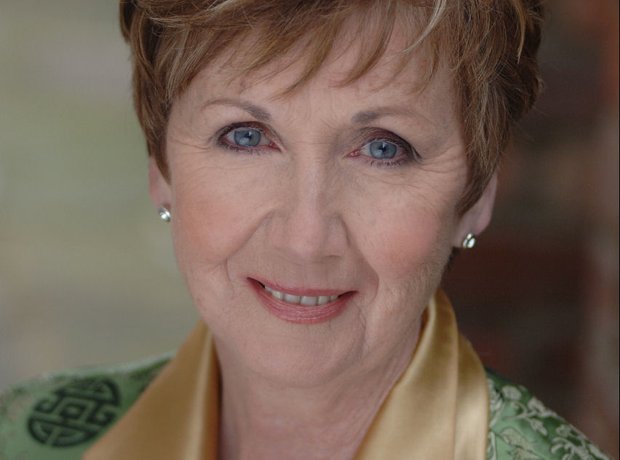
The Irish mezzo-soprano has sung at all the world’s major opera houses and is well-loved for her performances in works by Handel, Mozart and Richard Strauss. In 2012, she was made an Honorary Dame Commander of the Order of the British Empire. She is a patron of the Young Associate Artists Programme of Dublin's Opera Theatre Company.
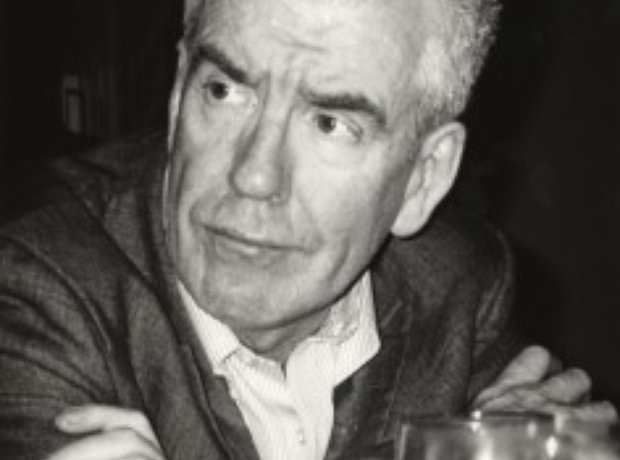
Composer Gerald Barry’s music sounds like no one else's, variously hard-edged and violent or humorous. His most recent opera, The Importance of Being Earnest, became a big success after its world premiere at Los Angeles and European premiere at the Barbican in London.
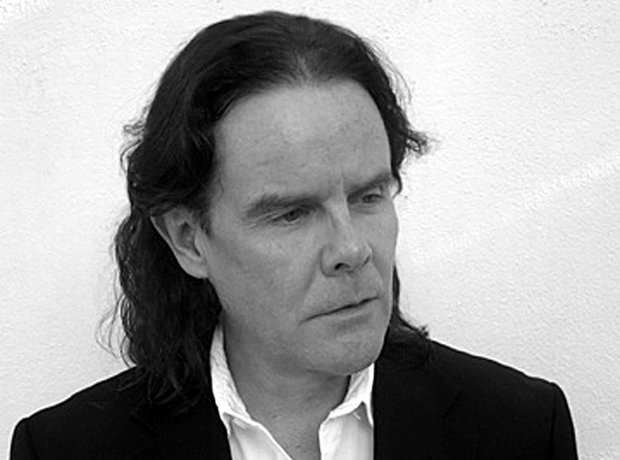
Composer Cassidy is best known for his Narrative Cantatas for orchestra and choir based on Irish Mythology. The Children of Lir released in September 1993 remained at number one in the Irish Classical Charts for a full year. He has scored and collaborated on films, notably Hannibal which features his aria, ‘Vide Cor Meum’.